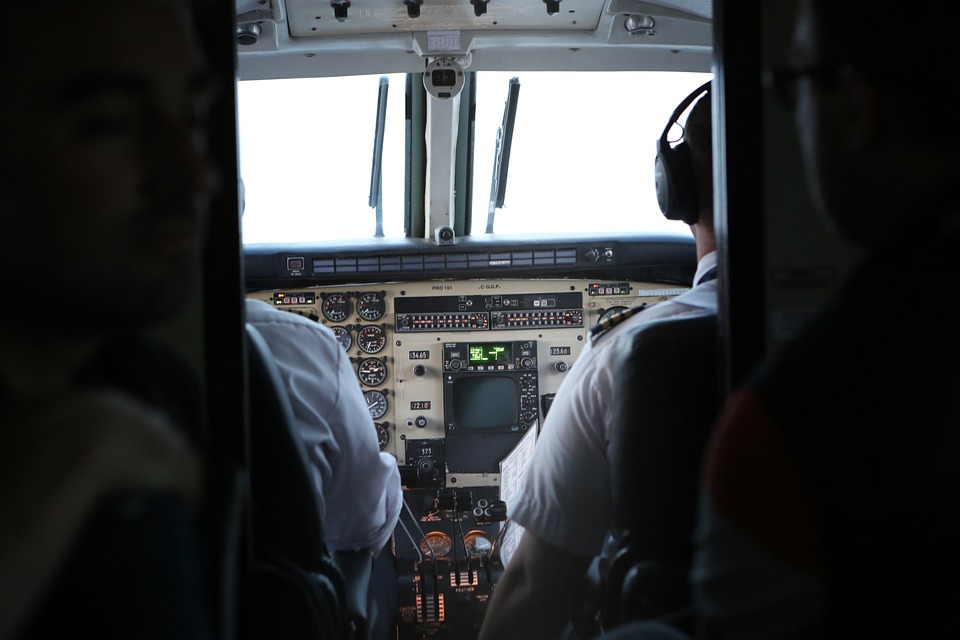The Argentine Administración Nacional de Aviación Civil (ANAC) has issued Resolution 363/2024, introducing updates to Articles 106 and 107 of the country’s Aeronautical Code. These revisions establish clearer procedures for the inclusion of foreign personnel and foreign-registered aircraft in Argentina’s commercial and general aviation sectors. The new regulations aim to maintain the competitiveness and operational flexibility of the industry while ensuring that safety and regulatory standards are upheld.
1. Employment of Foreign Personnel in Aviation
Article 106 of the Aeronautical Code has long permitted the employment of foreign personnel in Argentina’s aviation sector, provided that a plan for their gradual replacement by Argentine staff is in place. The new regulation introduced by ANAC continues this approach but introduces a more structured procedure for the admission of foreign personnel, emphasizing compliance with local standards.
Under the revised regulation, a formal request must be submitted to ANAC, justifying the need for foreign personnel. The request must include a training plan that outlines how the foreign staff will be gradually replaced by Argentine nationals. Additionally, foreign personnel must undergo a process to validate their licenses, which involves:
Submission of original licenses, which must meet standards similar to or higher than those of Argentina.
Approval of a knowledge evaluation covering local aviation regulations.
Passing a proficiency test and, if necessary, a language test under Argentine aviation standards.
Providing proof of recent experience through validated documentation, such as a flight log for pilots.
Complying with Argentine medical certification requirements, which must be equivalent to local standards.
2. Use of Foreign-Registered Aircraft
Article 107 introduces clearer guidelines for incorporating foreign-registered aircraft in Argentina’s commercial and general aviation services. This regulation is designed to enhance operational flexibility by allowing aircraft registered outside of Argentina to operate within the country, as long as they meet specific requirements.
Aircraft operators wishing to use foreign-registered aircraft must submit a formal request to ANAC. The request must include details such as the leasing or interchange agreement and the aircraft’s registration. Depending on the type of lease, different processes apply:
Wet-Lease (aircraft leased with crew): The operator must provide ANAC with a copy of the leasing agreement, which includes the aircraft’s registration, operational control details, flight schedules, and maintenance responsibilities. ANAC will conduct a five-phase evaluation process that involves document submission, inspections, and operational acceptance.
Dry-Lease (aircraft leased without crew): The aircraft can operate under the regulations of the state of registration and Argentina. The lessee must demonstrate compliance with Argentine standards, and ANAC will inspect the aircraft to ensure it meets local certification and maintenance requirements.
In both cases, the foreign aircraft must adhere to Argentina’s safety standards and international agreements, including reciprocity agreements that ensure both states are responsible for overseeing the operational safety and maintenance of the aircraft.
3. Strategic Objectives for the Argentine Aviation Sector
The primary goal of these regulatory updates is to create a competitive and flexible environment for Argentina’s aviation industry. By allowing the inclusion of foreign personnel and foreign-registered aircraft, the government seeks to improve connectivity within the country and foster greater investment in the sector.
In addition to operational flexibility, the regulations aim to harmonize Argentina’s aviation standards with international norms, particularly those within the MERCOSUR region. This alignment is intended to promote integration into the global aviation market while ensuring that strict safety standards are maintained. ANAC will continue to oversee all operations, ensuring compliance with national and international regulations…



